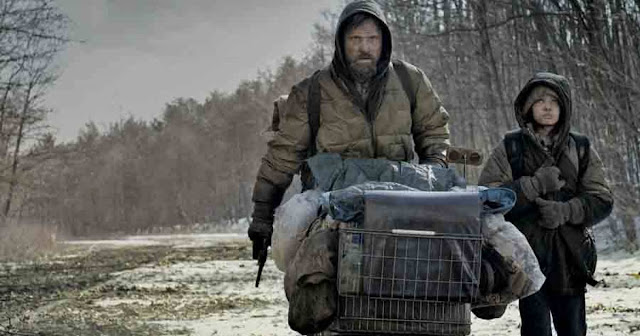The post-apocalyptic landscape is bleak in Cormac McCarthy's The Road. Food is scarce, so many of the ashen faced survivors of a meteor strike that has devastated the world's ecosystems have turned to cannibalism.
The Road is about survival, identity, and care for others. The central relationship is between a father and his son. McCarthy didn't name his characters, so Man and Boy will have to suffice.
Father and Son
McCarthy's inspiration for the book was thinking about his role as father to his son. The role of raising a child, teaching them what they need to know to not only survive but to live well, carrying traditions forward, letting go of control so that the son can mature and take on responsibility. But, McCarthy placed the time-honored tradition of raising a son in a disturbed world where survival is a battle. Living is often dependent on killing.
Terror & Trauma
The Road to the Sea
What of the journey to the sea? Evolutionarily, all life came from the sea. So, for the Man to return to the sea in a time of planetary crisis suggests that life has regressed. They are returning to the source, to the life-giving safety of the sea. That wife and mother figure died is also important. The sea stands in for the universal feminine, the sea waters life giving like amniotic fluid in the womb.The Death of the Father
By the end of the narrative, the anxiety associated with losing the Boy is replaced by the death of the Man. His loss feels like it comes too soon. The loss of the archetypal father is always too soon. What man or boy is ever truly prepared to cross the threshold and take on the father's role?-End Transmission-
